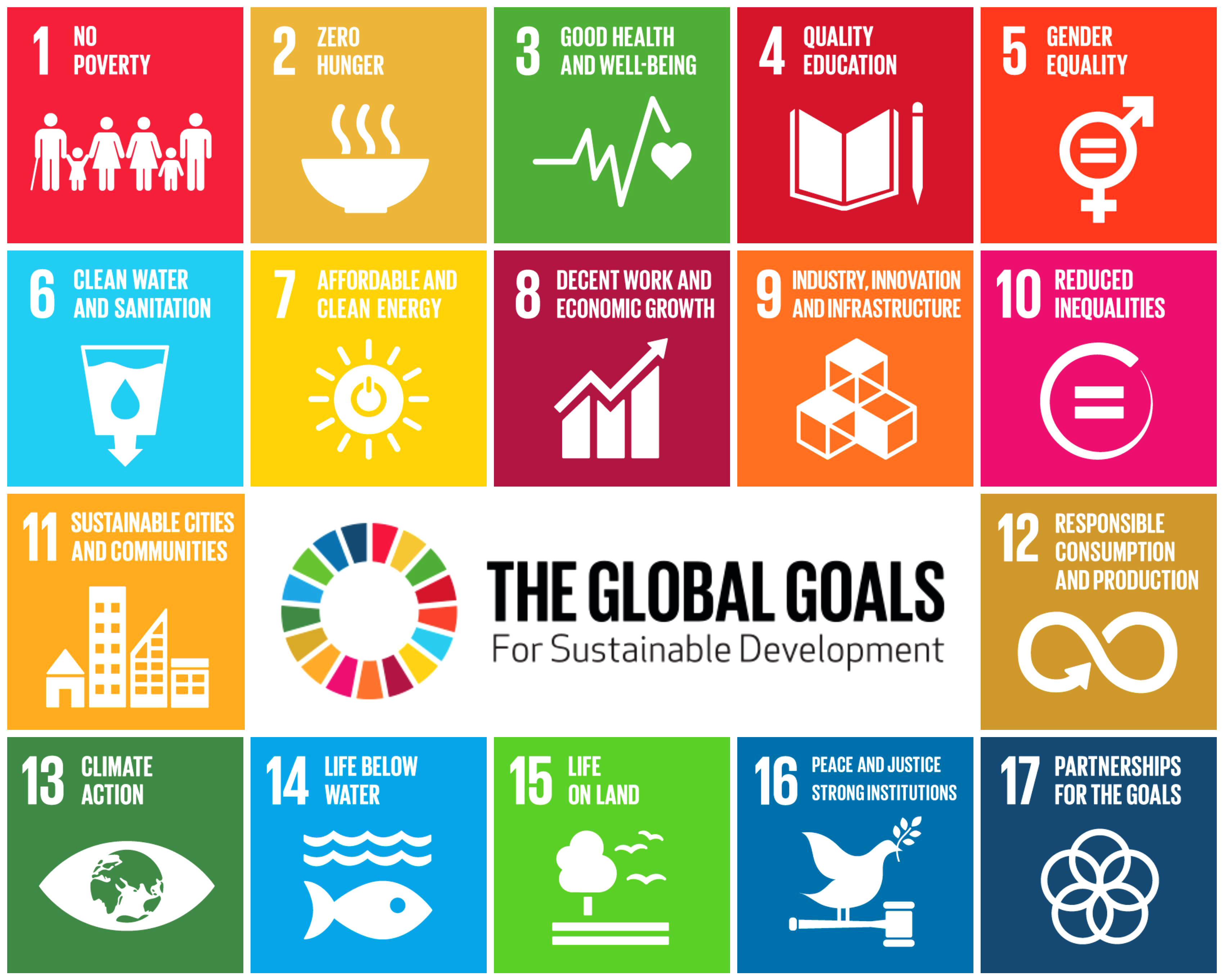Biodiversity & Environment
India and SDG 13
- 06 Aug 2022
- 7 min read
For Prelims: Sustainable Development Goals (SDGs), United Nations, National Action Plan on Climate Change, Green Climate Fund (GCF)
For Mains: Sustainable Development Goals (SDGs) and India’s leading role in achieving the target
Why in News?
Recently, in a written reply to Rajya Sabha Union Minister for State (Environment, Forest & Climate) said that India is constantly achieving its Sustainable Development Goals.
What are Sustainable Development Goals?
- The Sustainable Development Goals (SDGs), also known as the Global Goals, were adopted by the United Nations in 2015 as a universal call to action to end poverty, protect the planet, and ensure that by 2030 all people enjoy peace and prosperity.
- It is a set of 17 SDGs which recognize that action in one area will affect outcomes in others and that development must balance social, economic, and environmental sustainability.
- Countries have committed to prioritizing progress for those who are furthest behind.
- The SDGs are designed to end poverty, hunger, AIDS, and discrimination against women.
- India in recent years has made significant efforts in achieving the Goal 13th of the SDGs in particular.
- The goal calls for taking urgent action to combat climate change and its impacts.
How has India Progressed in Achieving the Climate Action Goals?
- India achieved its pre-2020 voluntary goal. Despite having no binding obligation under the United Nations Framework Convention on Climate Change (UNFCCC), in 2009 India announced its voluntary goal to reduce the emissions intensity of its GDP by 20-25% by 2020 in comparison to 2005 level.
- India achieved a 24% reduction in emission intensity of its GDP between 2005 and 2016.
- As per the Paris Agreement, India submitted its Nationally Determined Contributions (NDCs) to UNFCCC in 2015 outlining eight targets for the period 2021-2030, including
- Reducing the emissions intensity of its GDP by 33 to 35% by 2030 from the 2005 level,
- To achieve about 40% cumulative electric power installed capacity from non-fossil fuel-based energy resources by 2030 with the help of the transfer of technology and low-cost international finance including from the Green Climate Fund (GCF),
- To create an additional carbon sink of 2.5 to 3 billion tonnes of CO2 equivalent through additional forest and tree cover by 2030.
- The other targets pertain to sustainable lifestyles; climate-friendly growth paths; climate change adaptation; climate finance; and technology and capacity building.
- India's recent initiatives for combatting climate change (and thus achieving SDGs) - include its goal to achieve net zero emissions by 2070, and initiatives for green energy transition.
What is National Action Plan on Climate Change (NAPCC)?
- Besides the above-mentioned targets, the Government of India is also implementing the National Action Plan on Climate Change which provides an overarching policy framework for all climate actions including mitigation and adaptation.
- It comprises eight core Missions in specific areas of solar energy, enhanced energy efficiency, sustainable habitat, water, sustaining Himalayan ecosystems, Green India, sustainable agriculture, and strategic knowledge for climate change.
- 33 States and Union Territories have prepared State Action Plan on Climate Change (SAPCC) consistent with the objectives of NAPCC.
- The adaptation activities in the States and Union Territories of India are being supported through National Adaptation Fund for Climate Change (NAFCC).
- NAFCC is implemented in project mode and to date, 30 adaptation projects have been approved under NAFCC in 27 States and UTs.
Way Forward
- Achieving the SDGs in a country as diverse as India will definitely be a Herculean task, but not unachievable.
- We need to clearly identify priorities, have locally relevant and people-centric development policies, and build strong partnerships.
- The government also needs to have a focused plan for tracking and evaluating impact and scaling up successful interventions.
UPSC Civil Services Examination Previous Year Question (PYQ)
Prelims
Q. Consider the following statements: (2016)
- The Sustainable Development Goals were first proposed in 1972 by a global think tank called the ‘Club of Rome’.
- The Sustainable Development Goals have to be achieved by 2030.
Which of the statements given above is/are correct?
(a) 1 only
(b) 2 only
(c) Both 1 and 2
(d) Neither 1 nor 2
Ans: (b)
Exp:
- The 17 Sustainable Development Goals (SDGs), also known as the Global Goals, are a universal call for action to end poverty, protect the planet and ensure that all people enjoy peace and prosperity.
- They are built upon the success of the Millennium Development Goals, including new areas such as climate change, economic inequality, innovation, sustainable consumption, peace and justice, among other priorities.
- The goals are interconnected – often the key to success on one will involve tackling issues more commonly associated with another.
- Adopted in 2015, SDGs came into effect in January 2016. They are meant to be achieved by 2030. Hence, statement 2 is correct.
- The SDGs were born at the United Nations Conference on Sustainable Development in Rio de Janeiro in 2012. The Club of Rome advocated resource conservation for the first time in a more systematic way in 1968. Hence, statement 1 is not correct. Therefore, option (b) is the correct answer.
Mains
Q. Access to affordable, reliable, sustainable and modern energy is the sine qua non to achieve Sustainable Development Goals (SDGs).” Comment on the progress made in India in this regard. (2018)
Q. National Education Policy 2020 isin conformity with the Sustainable Development Goal-4 (2030). It intends to restructure and reorient education system in India. Critically examine the statement. (2020)





